Visual perception Adding Up to 5 Worksheets for Ages 3-8
12 filtered results
-
From - To
Discover our "Visual Perception Adding Up to 5 Worksheets" designed for children ages 3-8! These engaging worksheets help young learners strengthen their visual perception skills while mastering basic addition concepts. Each activity encourages children to recognize numbers, shapes, and quantities, fostering important cognitive abilities through fun, interactive tasks. By integrating visual learning with math fundamentals, your child will build confidence and enhance their problem-solving skills. Perfect for at-home learning or classroom settings, our worksheets provide a complete educational experience that inspires a love for math. Download now to make learning numbers enjoyable and effective for your little ones!
Visual perception is a crucial skill for children aged 3-8, especially when it comes to early mathematics, such as adding up to 5. When children can recognize shapes, patterns, and quantities visually, they develop a stronger foundational understanding of numbers. Visual perception aids in distinguishing differences and similarities in sizes, which is essential for grasping concepts of addition and subtraction.
Parents and teachers should care because early mathematical skills have a direct impact on a child's overall academic performance. When children are adept at visually interpreting quantities up to 5, they can solve basic math problems more intuitively, boosting their confidence and interest in learning. This skill also enhances their ability to engage with everyday situations, such as sharing with friends or combining toys.
Moreover, visual perception activities can be fun, allowing for playful learning through games, puzzles, and hands-on experiences. These engaging methods not only facilitate learning but also strengthen parent-child or teacher-student bonding. By fostering visual perception skills early on, parents and educators equip children with the tools they need for future learning, ultimately supporting lifelong success in math-related tasks and critical thinking. Supporting this development encourages a positive attitude towards learning and builds essential cognitive skills for years to come.

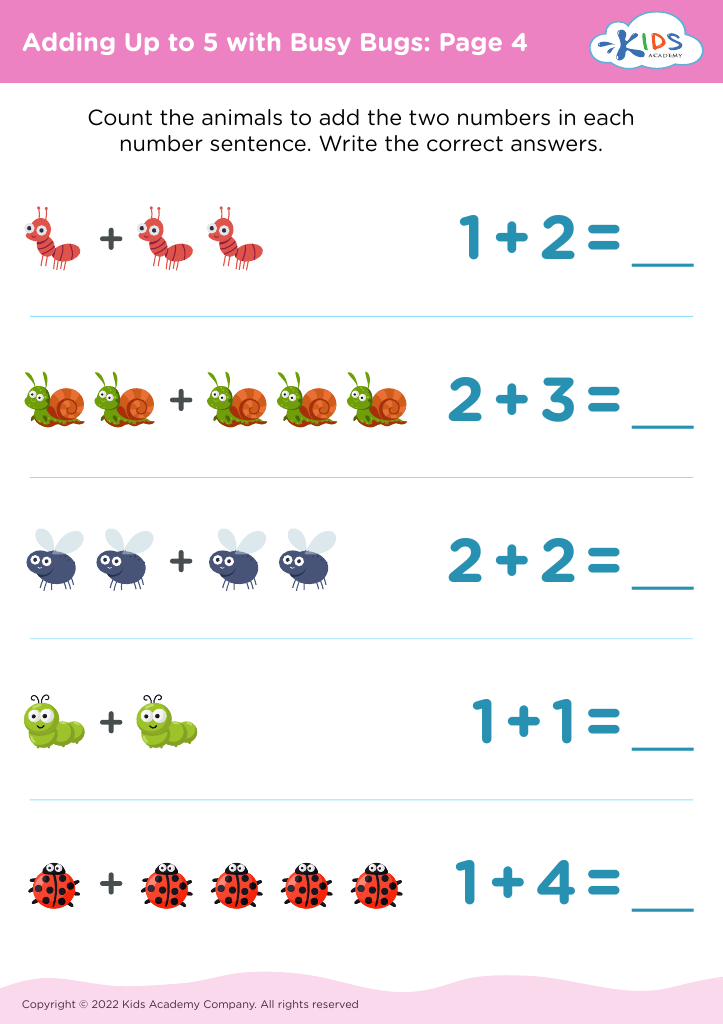
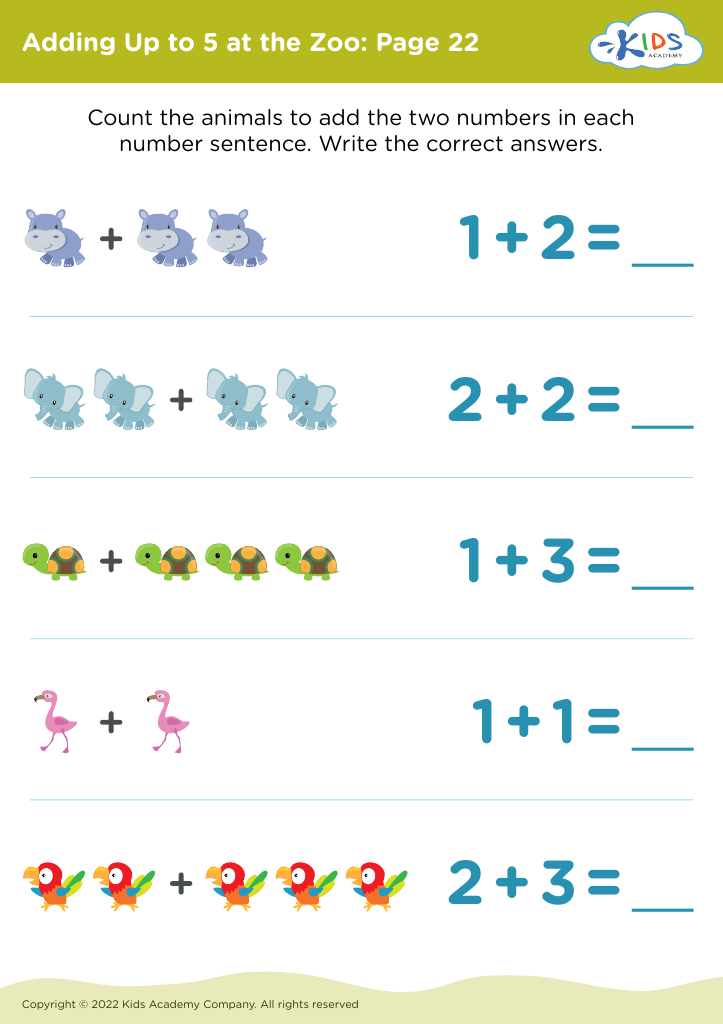
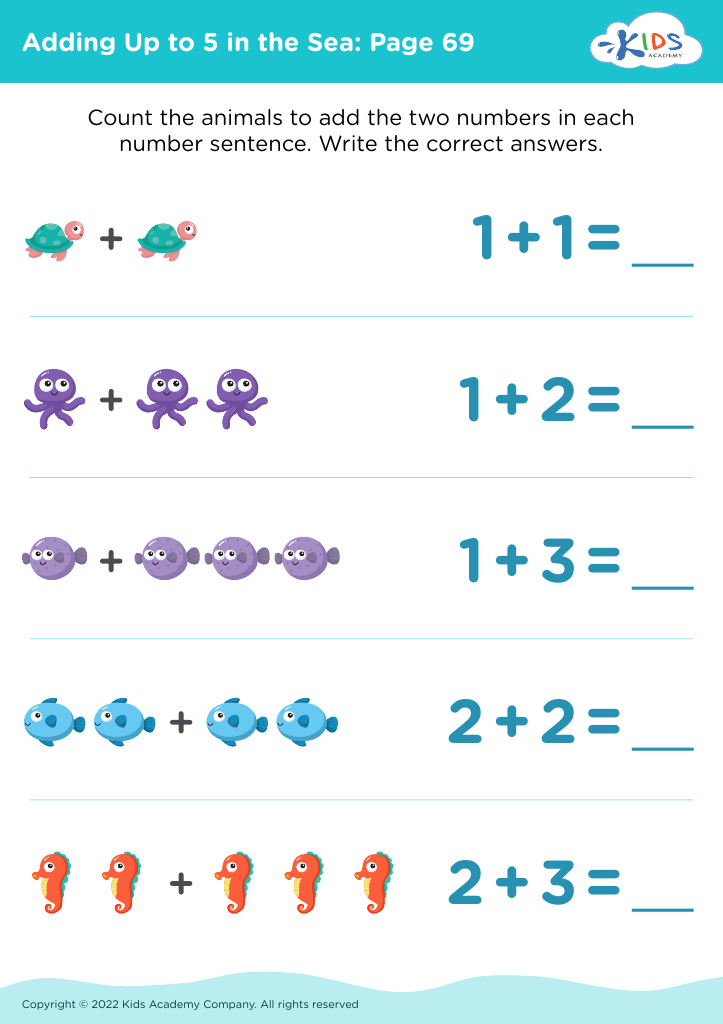
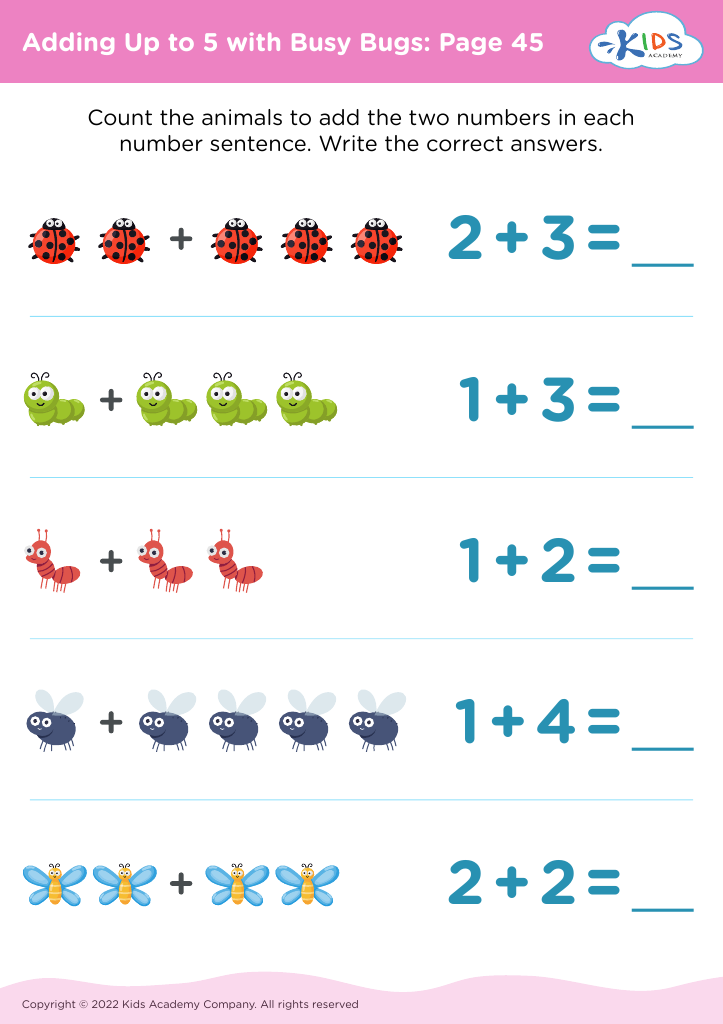
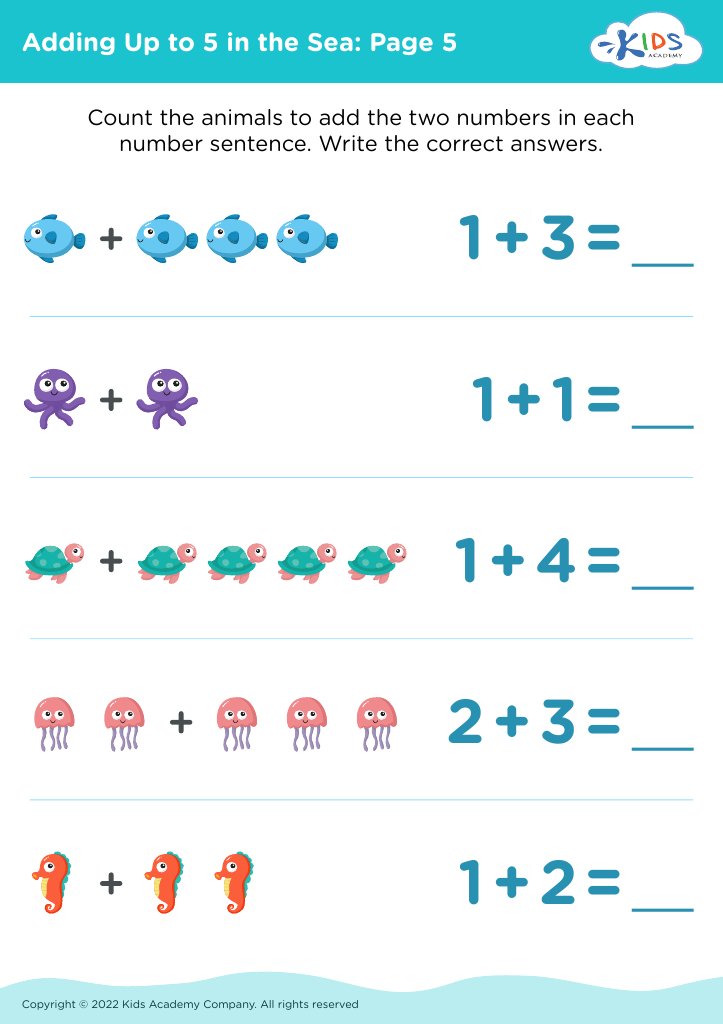
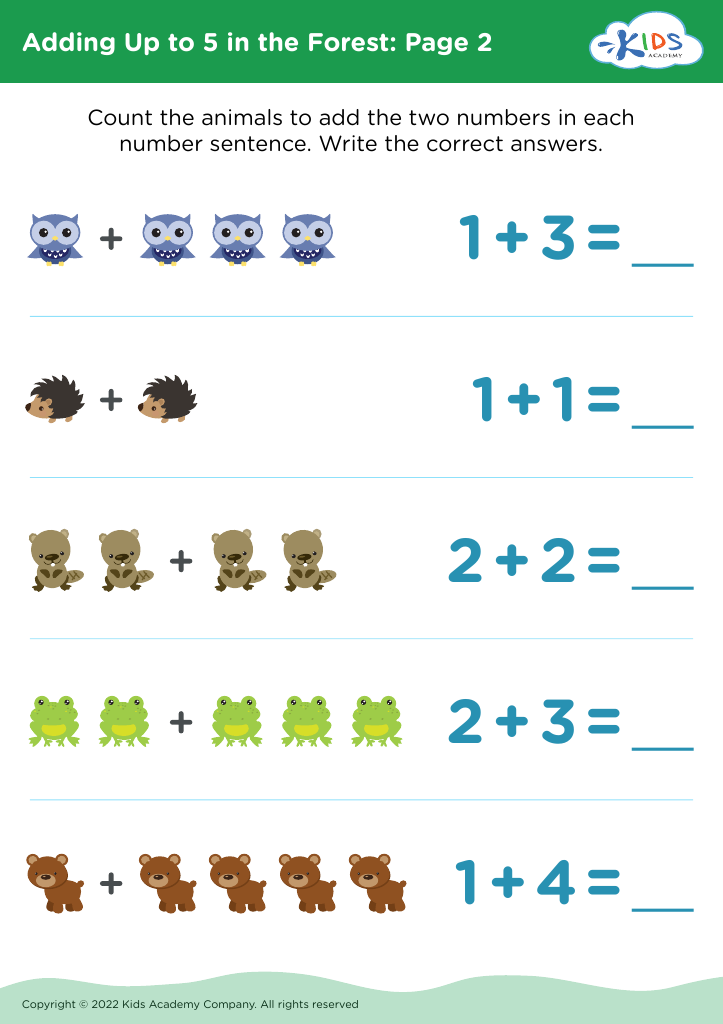
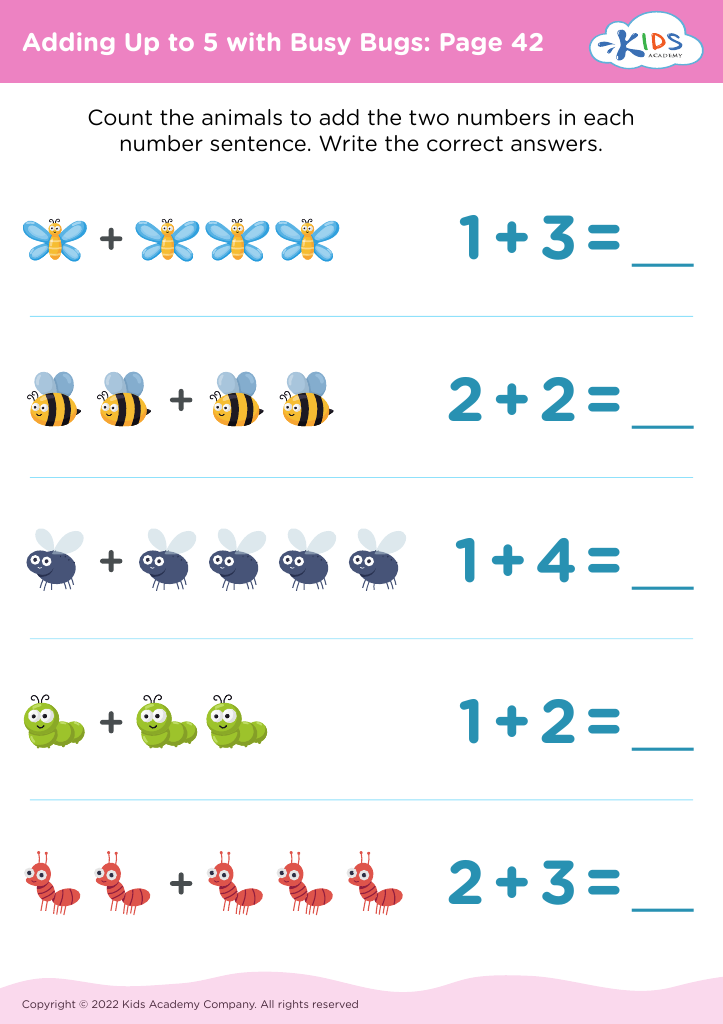
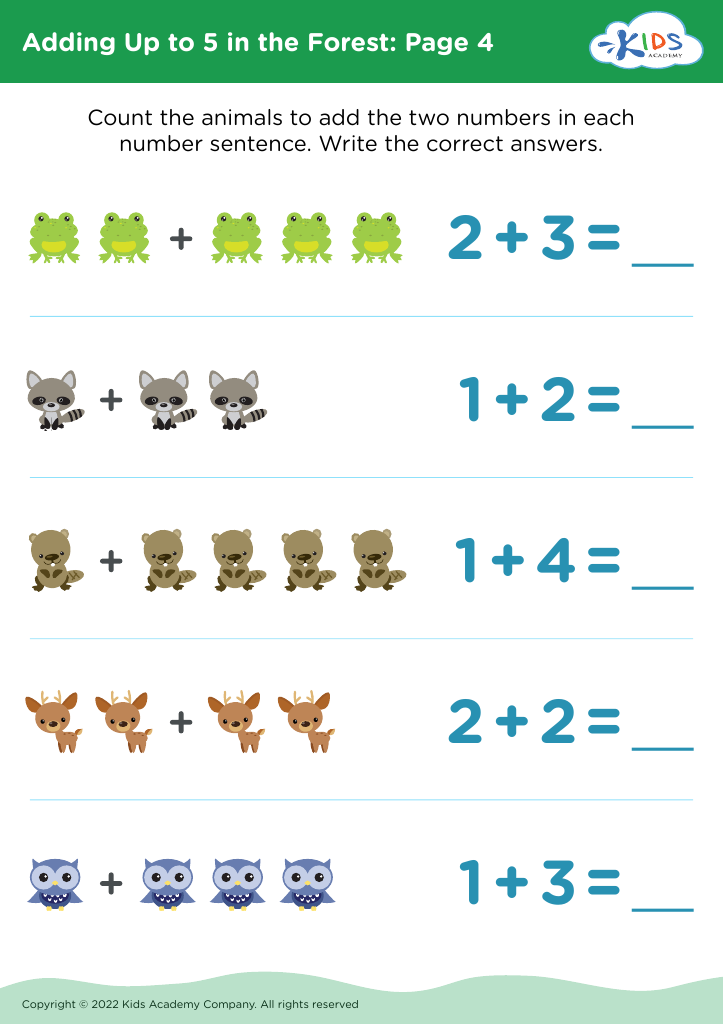
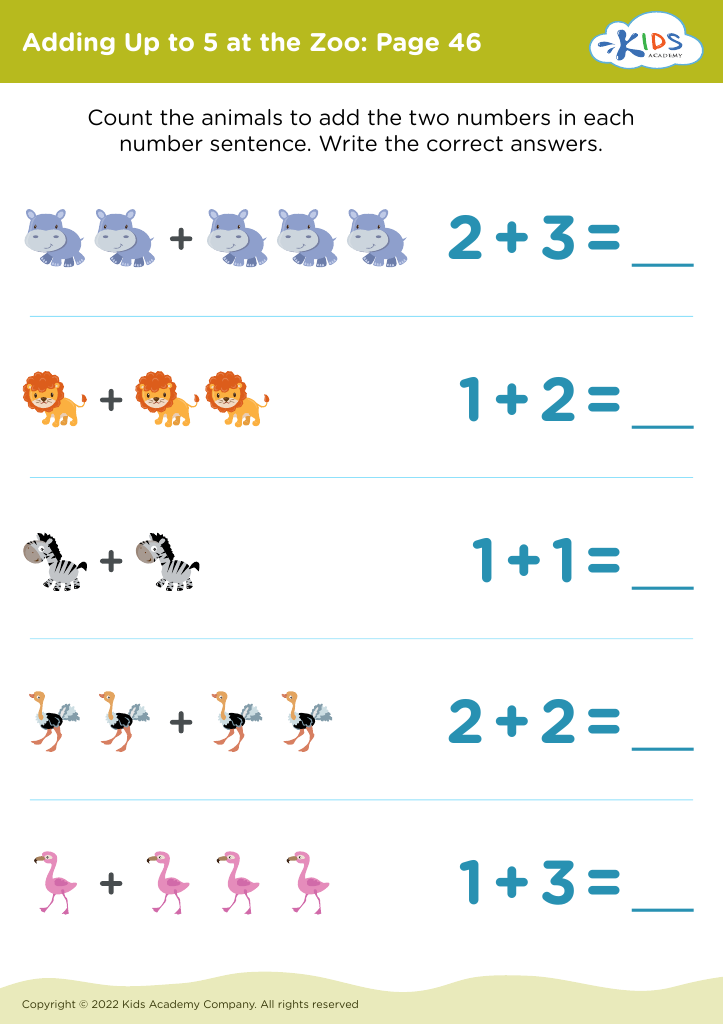
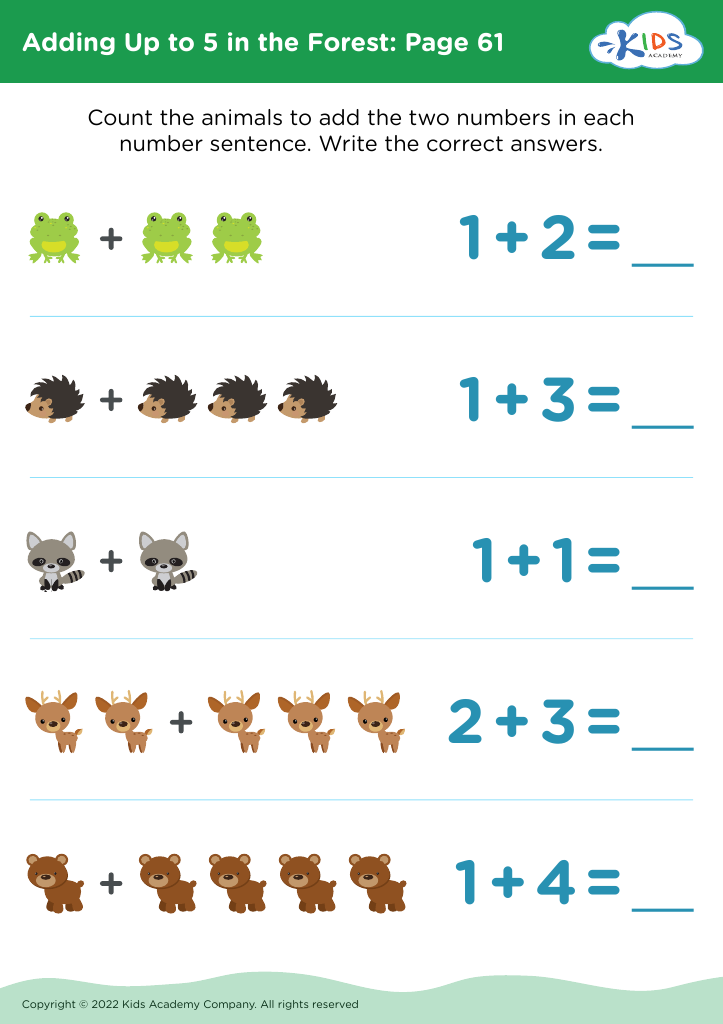
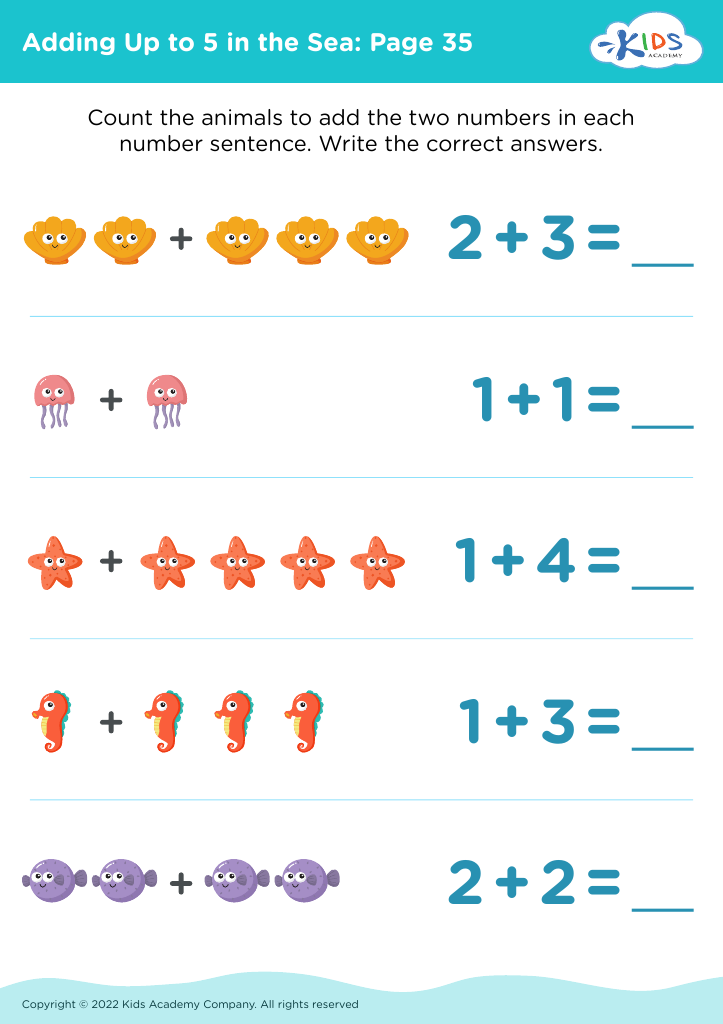
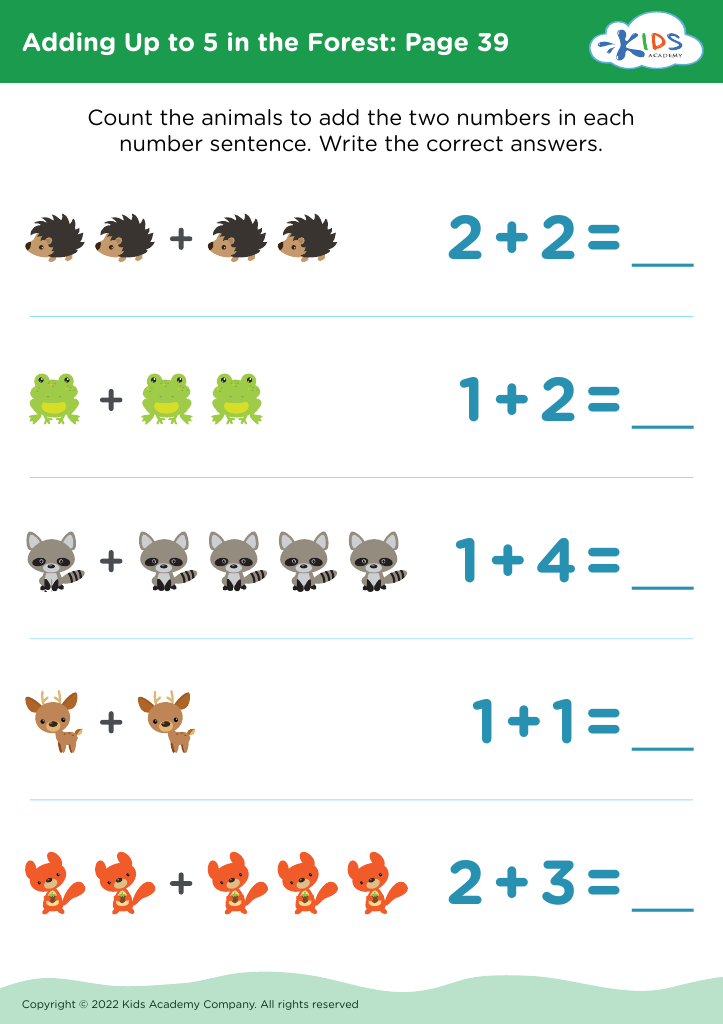




%20(1).jpg)











